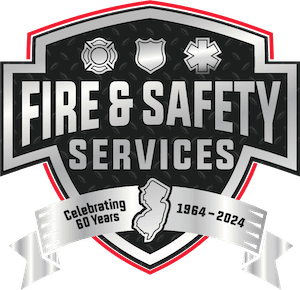In 2011, the State of New Jersey passed legislation which opened up the purchasing avenues for local and county governments giving them options for the first time in decades alternatives to public bidding, allowing them to purchase off of national or regional cooperative purchasing programs. Around the same time, and partly in response to Superstorm Sandy, the state also established a State Contract program inviting a handful of manufacturers to submit their federal GSA emergency vehicle schedule.
Cooperative Purchasing:
In late 2011, the state passed legislation that allowed for county and municipal entities to utilize regional and national cooperative purchasing programs for their purchases. Cooperative Purchasing provides departments streamlined purchasing processes, with contracts that are pre-negotiated with various vendors, often for substantial savings over bidding.
In May 2012, the state also issued Local Finance Notice 2012-10 to offer guidance on using cooperative programs and the requirements and obligations of the purchasing entity during the procurement process when using a cooperative program (see attached). Since there are a large number of programs in the marketplace the State opted not to review and approve/disapprove of the various programs in light of the requirements they put forth. Instead, they have put the onus on the purchasing entity to make sure that the cooperative program complies with the regulations that have been instituted. There are many different varieties of cooperative purchasing programs and they have differing fee structures and obligations, so it is very important that the purchasing entity review the proposed program to make sure it not only complies with the State’s requirements, but that it is in fact providing the community with a satisfactory purchasing program. Towards that end, we have created a presentation on cooperative purchasing in general and complying with the LFN.
View our presentation
Make sure you understand cooperative purchasing and complying with the LFN.
State Contract:
Around the same time as the cooperative purchasing program opened up, the State also established the very first fire apparatus state contract. This is currently the only State Contract program that the state doesn’t purchase from itself. They reached out to a few manufacturers on the federal GSA schedule and invited them to submit the GSA schedule units for use by the state. This contract was set to expire in November 2017, but was extended one year to November 2018. The State contract adopted only the GSA schedule trucks and their published options. Those are the only items that can be on the Purchase Order referencing the State Contract Number. There are two major issues with this: 1) the GSA program also has provisions for allowing unpublished options to be added for those special items a department may need – The state did not adopt this provision, so any unpublished option has to be quoted separately from State Contract Price. 2) The GSA program does not factor in several “administrative” fees that New Jersey statues and regulations require, so these have to quoted separately, and outside of the State Contract pricing. This leads to two purchase orders being cut for a single apparatus, one for the state contract options, and one for the unpublished options and administrative expenses. This second set of pricing also has to comply with the public bidding regulations, so depending on your purchasing agent’s certification, you may find yourself quite easily in excess of the bid threshold.
Comments are closed.
